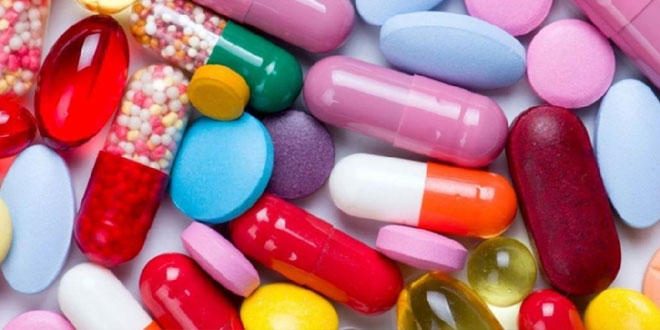
True or false? Here are 10 facts and myths about liver disease
Liver disease is often referred to as a “silent” condition, as its various forms can have no symptoms at all. In the most serious cases, liver disease can lead to cirrhosis and cancer. Here’s a look of 10 of the most common preconceptions about liver health.
Liver conditions can be detected with a regular blood test.
False: Doctors rarely prescribe the specific blood tests required to check liver function, which could partly explain the often very late diagnosis of liver disease. An underlying problem cannot be detected through transaminase levels alone. Patients also need to be tested for the ASAT and ALAT markers, which can show signs of cell destruction in the liver, as well as alkaline phosphatases, which can detect a reduction in bile secretion from the liver.
Liver problems cause yellow skin and pains.
False: The various types of liver disease usually have no symptoms at all. Hepatitis A, B and C, as well as cirrhosis, are sometimes diagnosed 20 to 30 years later, as the liver is said to be “silent”. What may sometimes feel like aches and pains in the liver are usually digestive symptoms caused by rich food or a high-fat diet.
Alcohol is a major cause of liver disease.
True and False: Eighty per cent of liver conditions are linked to excessive alcohol consumption and hepatitis. People who received blood transfusions before 1990 are potentially at risk of hepatitis, as the HIV and hepatitis C viruses were unknown at the time. The remaining 20 per cent of liver disease cases are caused by rare genetic conditions or by a build-up of fat, leading to “non-alcoholic steatohepatitis.” Being overweight, and having diabetes or high cholesterol levels are risk factors for cirrhosis and so-called “fatty liver disease”.
Cirrhosis is a risk factor for liver cancer.
True: People suffering from cirrhosis are at risk of developing liver cancer. The five-year survival rate is just 15 per cent.
Hepatitis and cirrhosis can be cured.
True and False: Cirrhosis can be reversed, no matter what the cause, notably by cutting out alcohol, eating a healthy diet and taking exercise. In 95 per cent of cases, hepatitis C can now be cured thanks to new antiviral agents that kill the virus. The progression of the hepatitis B virus can be halted by two specific drugs, but no cure is currently available. Other drugs are in the process of being tested.
Medication is bad for the liver.
True: All types of medication can be potentially toxic for the liver. Elderly individuals following lots of treatments are particularly at risk of drug-induced hepatitis. Health supplements aren’t without risk either. These too can poison the liver when consumed in excessive quantities or if not used correctly.
Spirits are worse for the liver than wine or beer.
False: Liver specialists stress that it’s the quantity of alcohol that matters, not the type of drink. Plus, drinking a glass of water to “compensate” for an alcoholic drink and avoid hangovers is no better for the liver. Similarly, only drinking “good quality” alcoholic drinks may make you feel better, but it doesn’t make the alcohol they contain any less damaging.
Alcohol-free weekdays make up for weekend excess.
False: General recommendations suggest no more than 21 standard glasses or units of alcohol per week for men or 14 glasses per week for women, irrespective of when it’s consumed. Doctors are concerned about levels of binge drinking, particularly among young people, who consume large qualities of alcohol in a short space of time.
Coffee is good for the liver.
True: Coffee can be beneficial so long as you don’t add sugar and don’t drink more than three or four cups per day. Specialists found a reduced risk of cirrhosis linked to drinking coffee.
Cut out fatty meats, pastries and alcohol to preserve liver function.
True: Nutrition guidelines for liver health are the same as for limiting risk factors associated with cardiovascular disease. In other words, foods like deli meats, fatty meats like pork and beef, full-fat dairy products, cakes and pastries, chocolate, sweets and sodas should be kept to a minimum. To help preserve liver function, opt for a healthy, balanced diet with plenty of fruit, vegetables and protein (white meat, fish, eggs).
Source: AFP-Relaxnews

